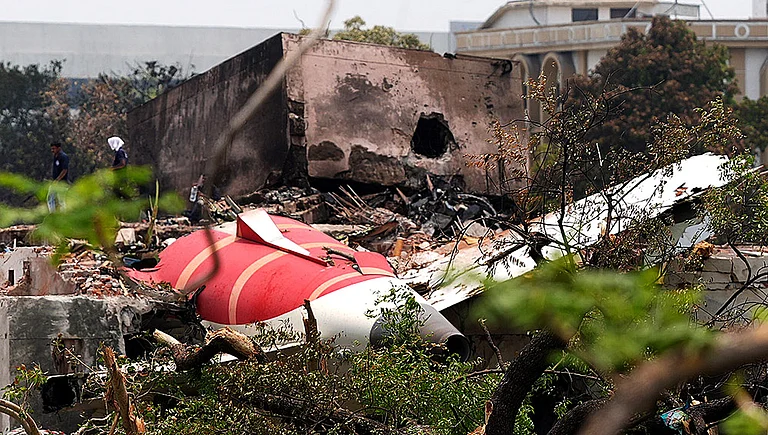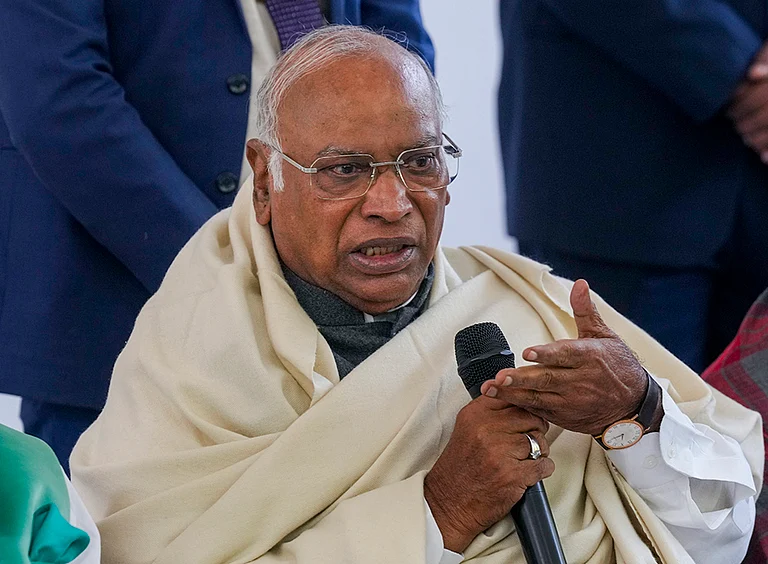Saturay, March 16, witnessed pivotal movements in the Indian political landscape as the Election Commission of India (ECI) announced the dates of polls for Indian general election. Chief Election Commissioner (CEC) Rajiv Kumar shared details through a press conference.
Here are the highlights of the key events:
1. ECI announced elections dates in India
The Election Commission of India (ECI) has announced the poll schedule for the Lok Sabha elections 2024, which will take place in seven phases from 19th April to 1st June. Counting of votes and announcement of results will be done on June 4.
2. Nearly 97 lakh voters will cast their votes
The Election Commission of India (ECI) has announced the schedule for the Lok Sabha election 2024, which will be held in seven phases from April 19 to June 1. The election has registered nearly 97 lakh voters and will involve 1.5 crore polling officials at 10.5 lakh polling stations across the country. India has 96.8 crore total electors, with 49.7 crore male and 47.1 crore female voters. Over 85 lakh first-time women voters will participate in the election. The growing gender ratio in electoral rolls is a testament to women's right to vote, with 12 states/UTs boasting an elector gender ratio of over 1000.
3. Election Commission's 4M formula to ensure free and fair elections
The Election Commission (CEC) has warned against using muscle power in the upcoming general elections, stating that the four main challenges are muscle, money, misinformation, and MCC violations. The CEC has adopted the four-fold approach to ensure free and fair elections. Lok Sabha elections will be held in seven phases, with results announced on June 4. Assembly elections in Arunachal Pradesh, Sikkim, Andhra Pradesh, and Odisha will also be held in four phases.
4. EC will deploy 3.4 lakh Central Security Personnel Along with State Police Forces during polls
The Election Commission (EC) is planning to deploy 3.4 lakh Central Armed Police Forces (CAPFs) and state police forces in the seven-phase Lok Sabha elections and assembly polls in four states starting April 19. The deployment will be phased to ensure free, fair, and peaceful elections. The EC has considered requests from state CEOs and has decided to deploy around 3,400 companies of CAPFs in all states and Union territories. The combined strength of all CAPFs is around 10 lakh. The forces will be deployed in West Bengal, Jammu and Kashmir, Chhattisgarh, Bihar, Uttar Pradesh, and Tripura. The EC has already mobilized about 2,000 companies in sensitive and hyper-sensitive constituencies, and about 1.5 lakh personnel will move through roads and rail. The CAPF personnel will be deployed for poll-related duties.
5. "Vote From Home" facility for senior citizens and PwDs
The Election Commission has introduced 'vote-from-home' facilities for citizens over 85 and persons with disabilities for the upcoming Lok Sabha and assembly elections. The move marks the first time the poll body has offered this service.
Additional provisions include volunteers, wheelchairs, transport facilities, special facilities at polling stations, and school facilities.









.jpg?auto=format%2Ccompress&fit=max&format=webp&w=768&dpr=1.0)


















